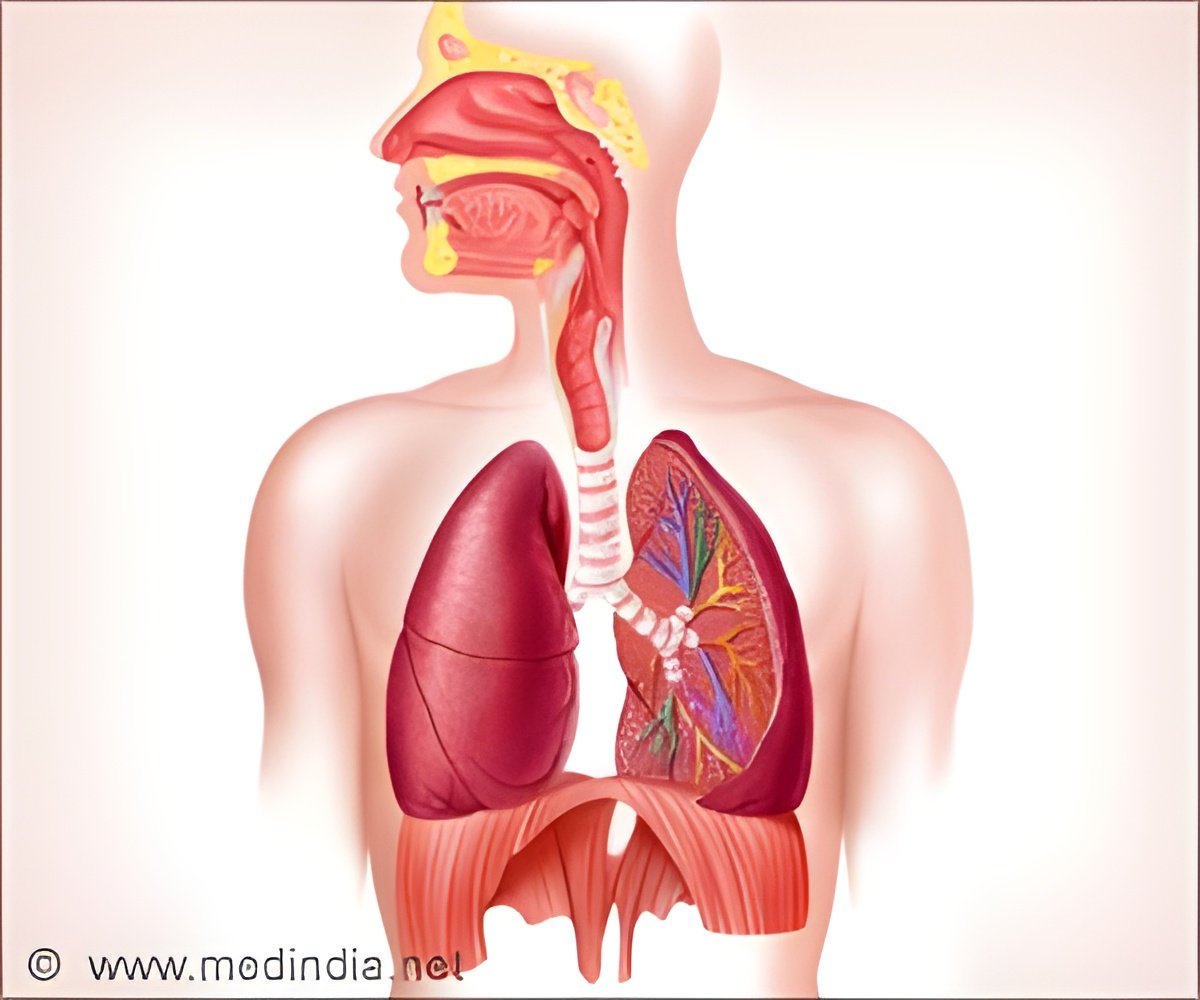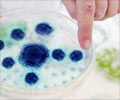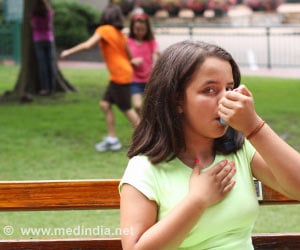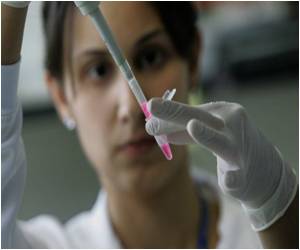Three new deaths from the MERS coronavirus was announced Tuesday by Saudi health authorities, in a discussion of experts on means of preventing the spread of the disease.

At the same time, the ministry said six new infections have raised the total number of cases diagnosed to 345, representing the bulk of infections registered globally.
Meanwhile, acting health minister Adel Fakieh said a group of Western experts and representatives of the World Health Organisation (WHO) have met for two days in Riyadh to discuss "a series of preventive measures... to contain the spread" of MERS.
"These measures will be announced in the coming days," Fakieh told reporters, without elaborating.
Public concern over the spread of MERS mounted earlier this month after the resignation of at least four doctors at Jeddah's King Fahd Hospital who refused to treat patients for fear of infection.
Last week, the WHO announced its readiness to send international experts to Saudi Arabia to investigate "any evolving risk" associated with the transmission pattern of the virus.
Advertisement
There are no vaccines or antiviral treatments for MERS, a severe respiratory disease with a mortality rate of more than 40 percent that experts are still struggling to understand.
Advertisement
In laboratory studies reported in the Proceedings of the National Academy of Sciences, a scientific journal, researchers found that these "neutralising" antibodies prevented a key part of the virus, known as MERS CoV, from attaching to protein receptors that allow the virus to infect human cells.
Further experiments are under way that could lead to development of antibody preventives and treatments for MERS, the scientists say.
Source-AFP










